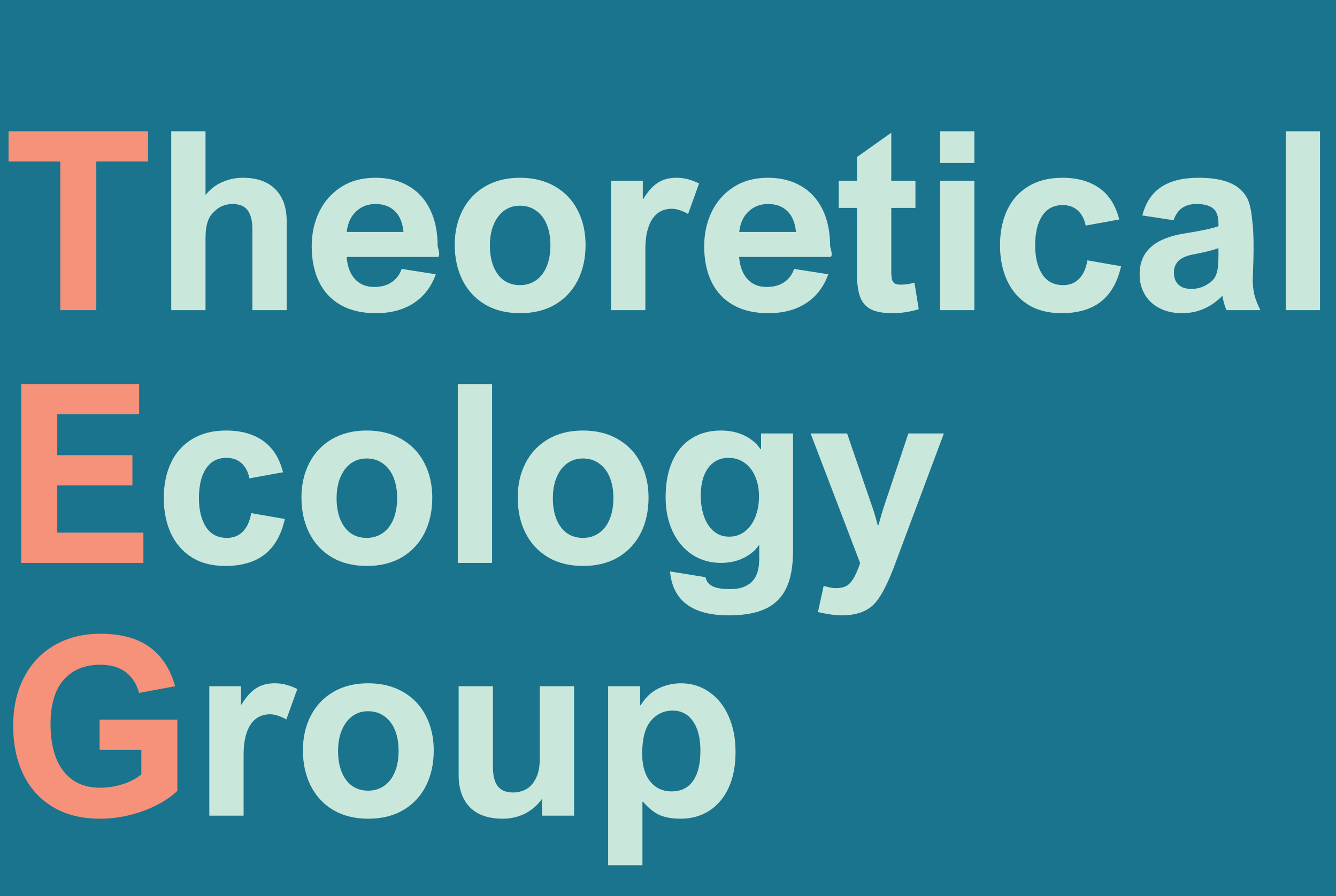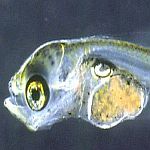



 Theme: Bringing a digital fish to life
Theme: Bringing a digital fish to life Project: From terrestrial greening to coastal darkening
Project: From terrestrial greening to coastal darkening Project: Hypoxia on tropical coral reefs
Project: Hypoxia on tropical coral reefs Project: How can fisheries contribute more to a sustainable future?
Project: How can fisheries contribute more to a sustainable future? Theme: Trait-based Marine Ecosystem Models
Theme: Trait-based Marine Ecosystem Models Theme: Evolution of Mating Systems
Theme: Evolution of Mating Systems Theme: Models of Early Life Stages in Fish
Theme: Models of Early Life Stages in Fish